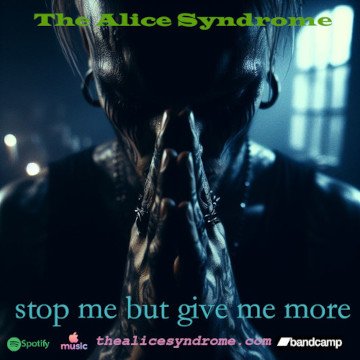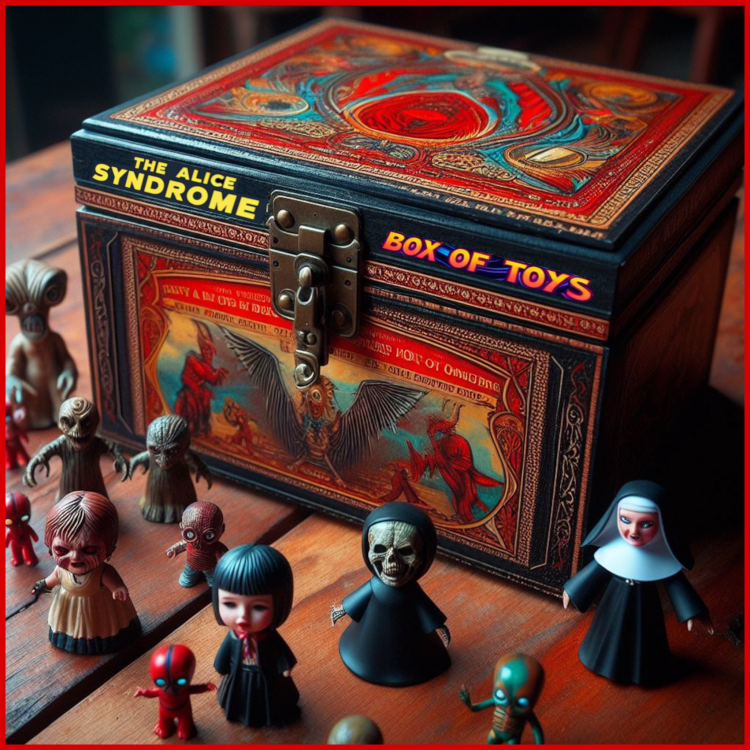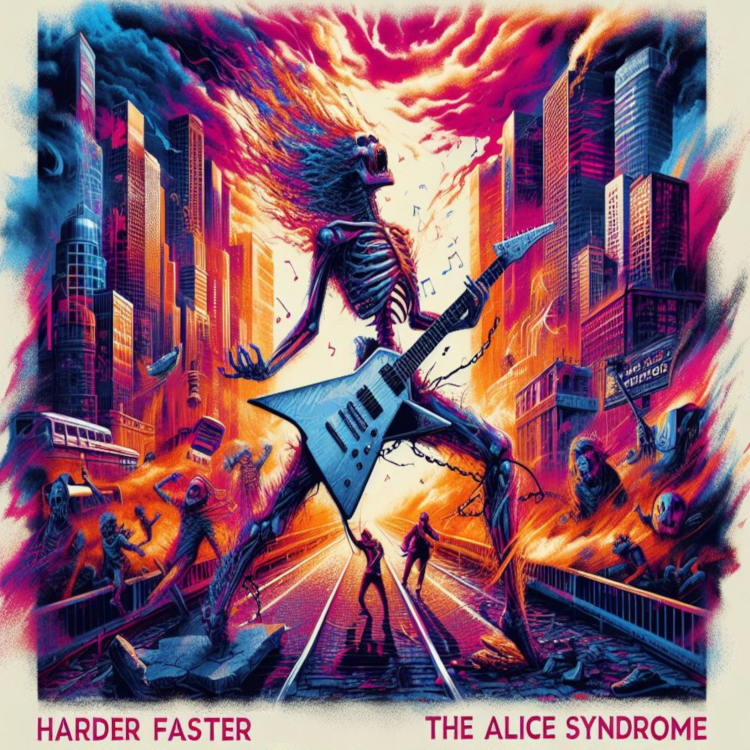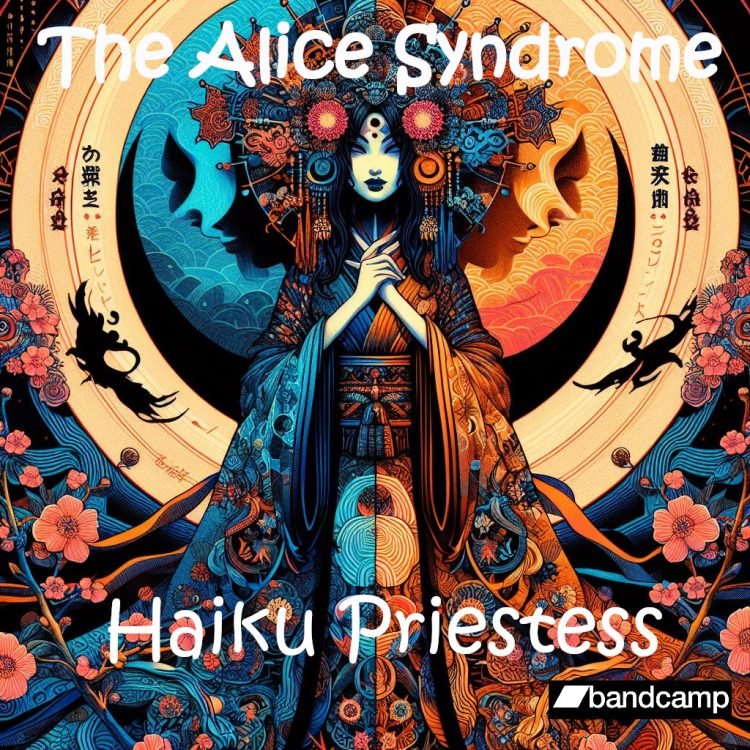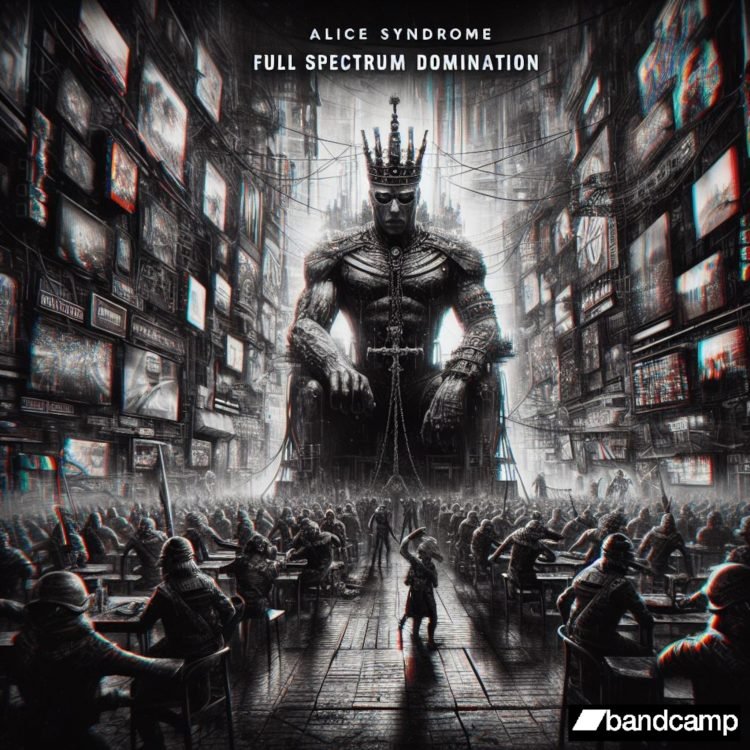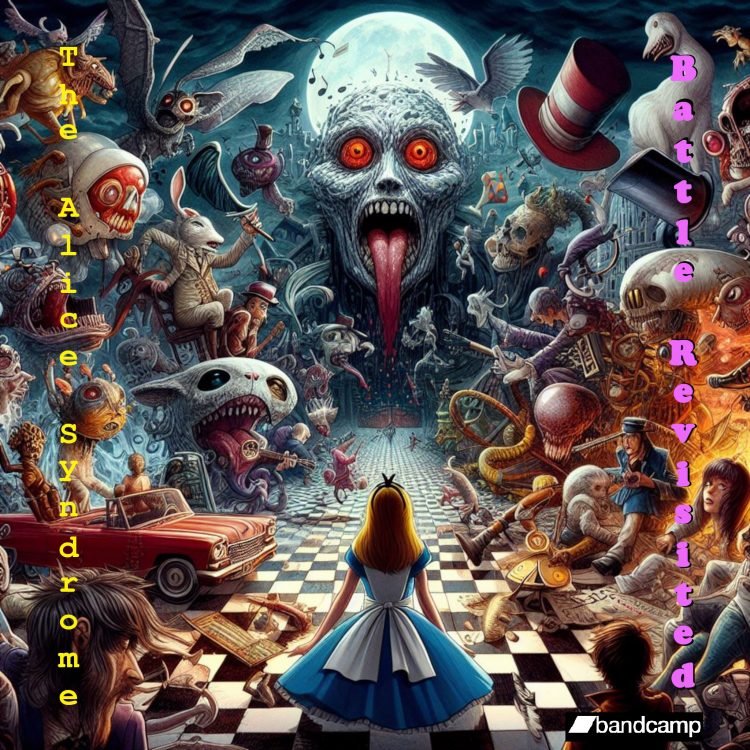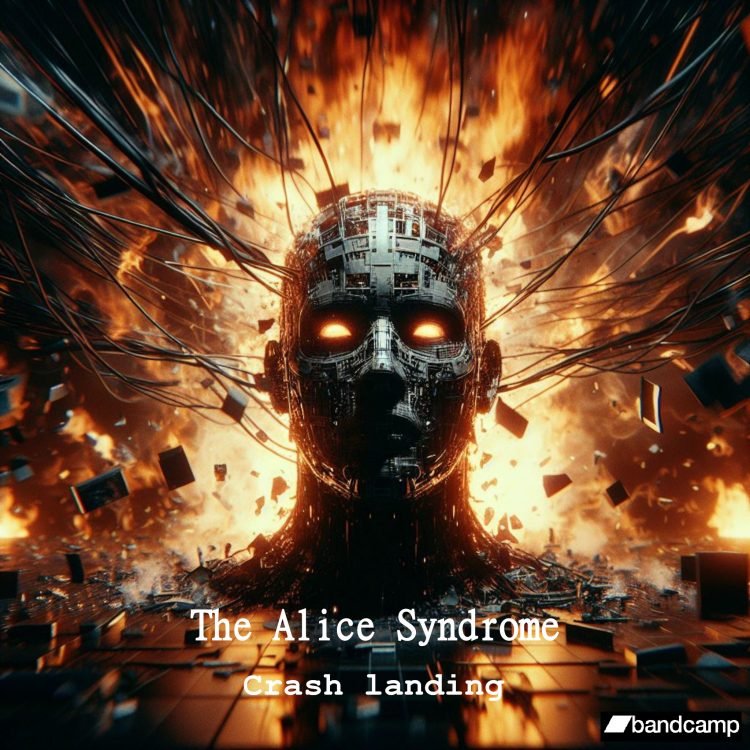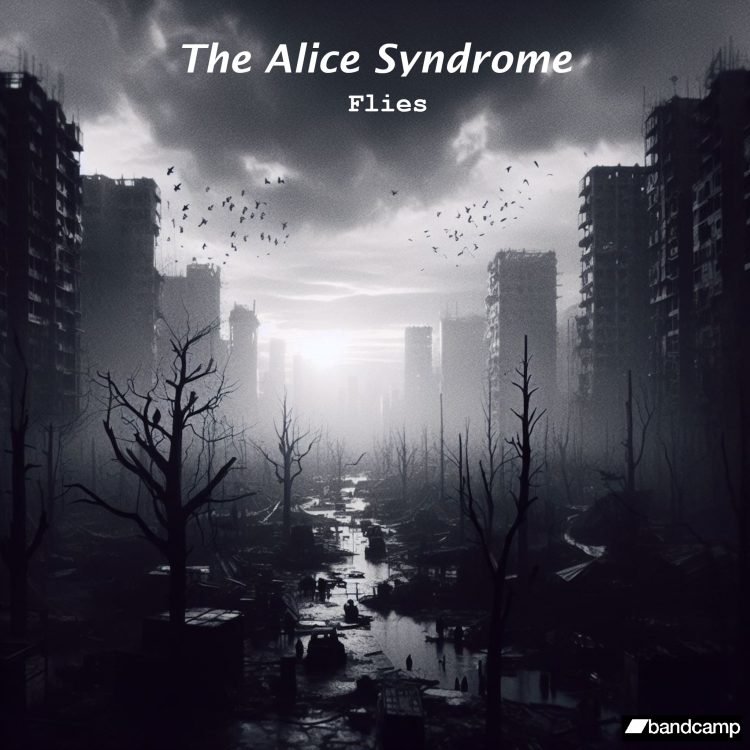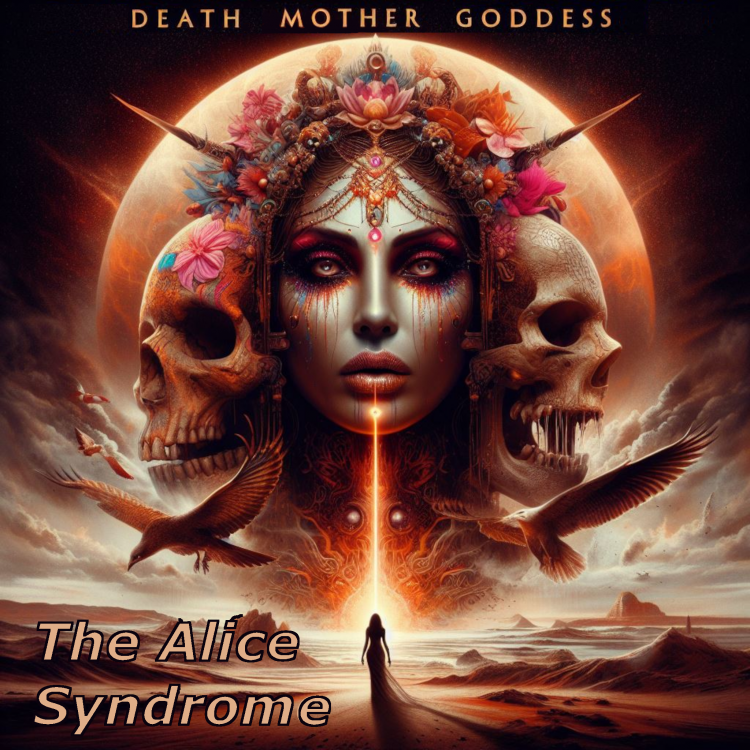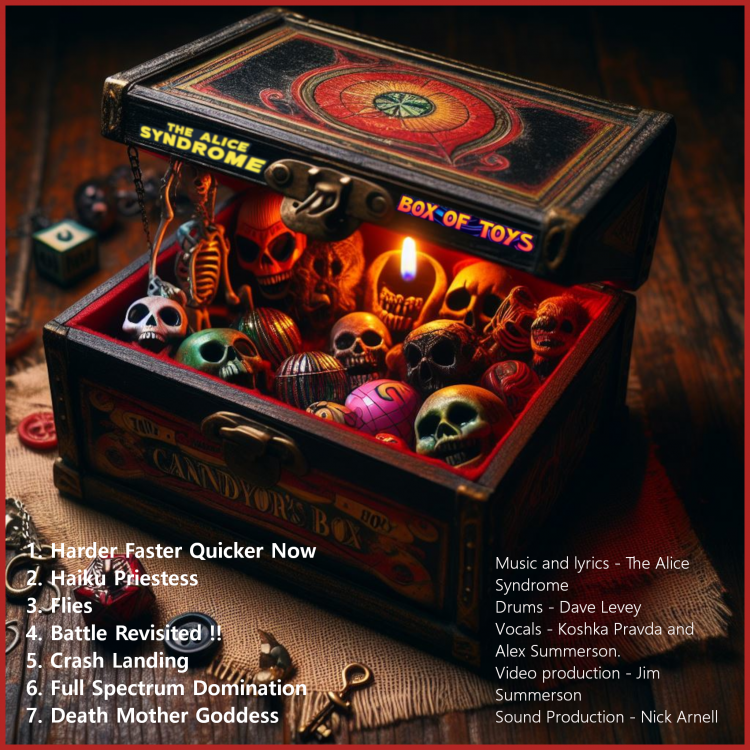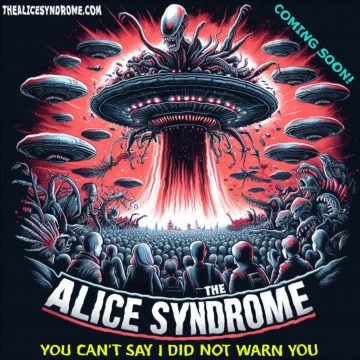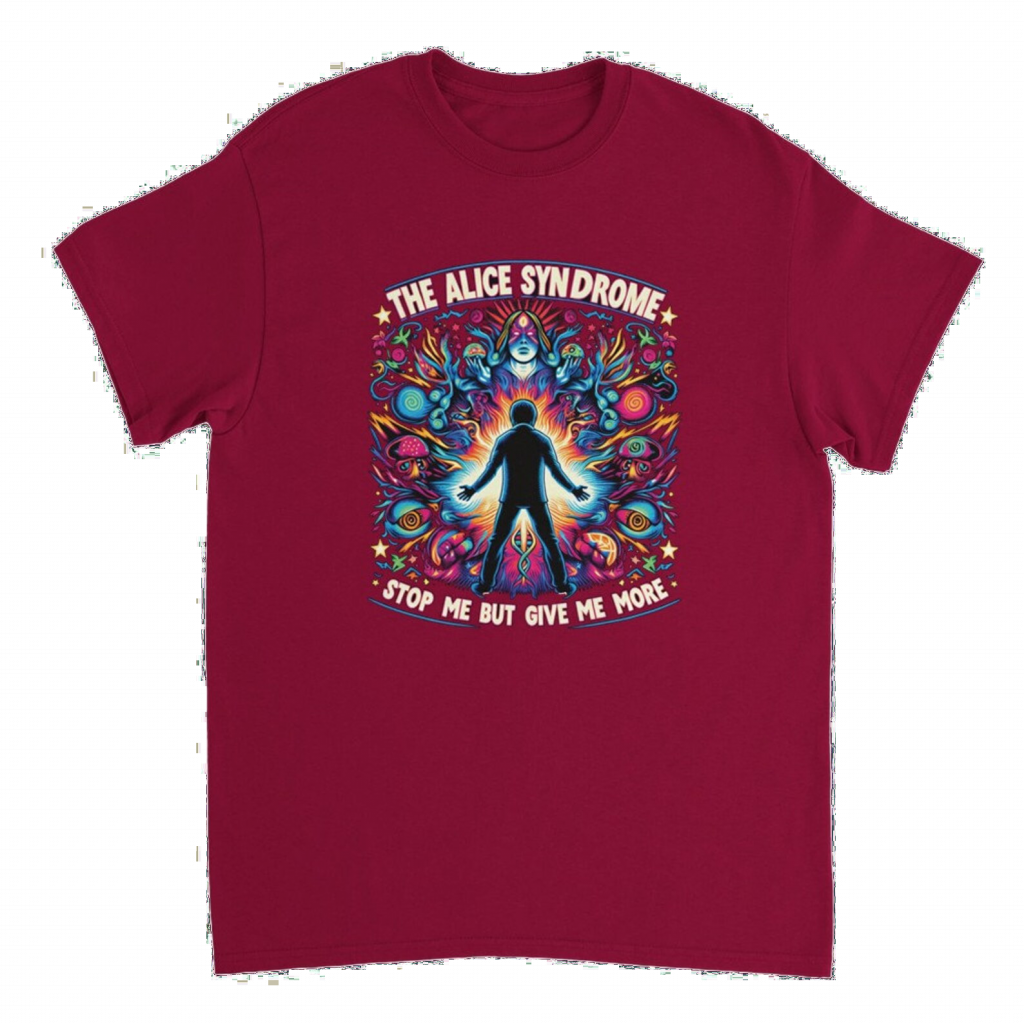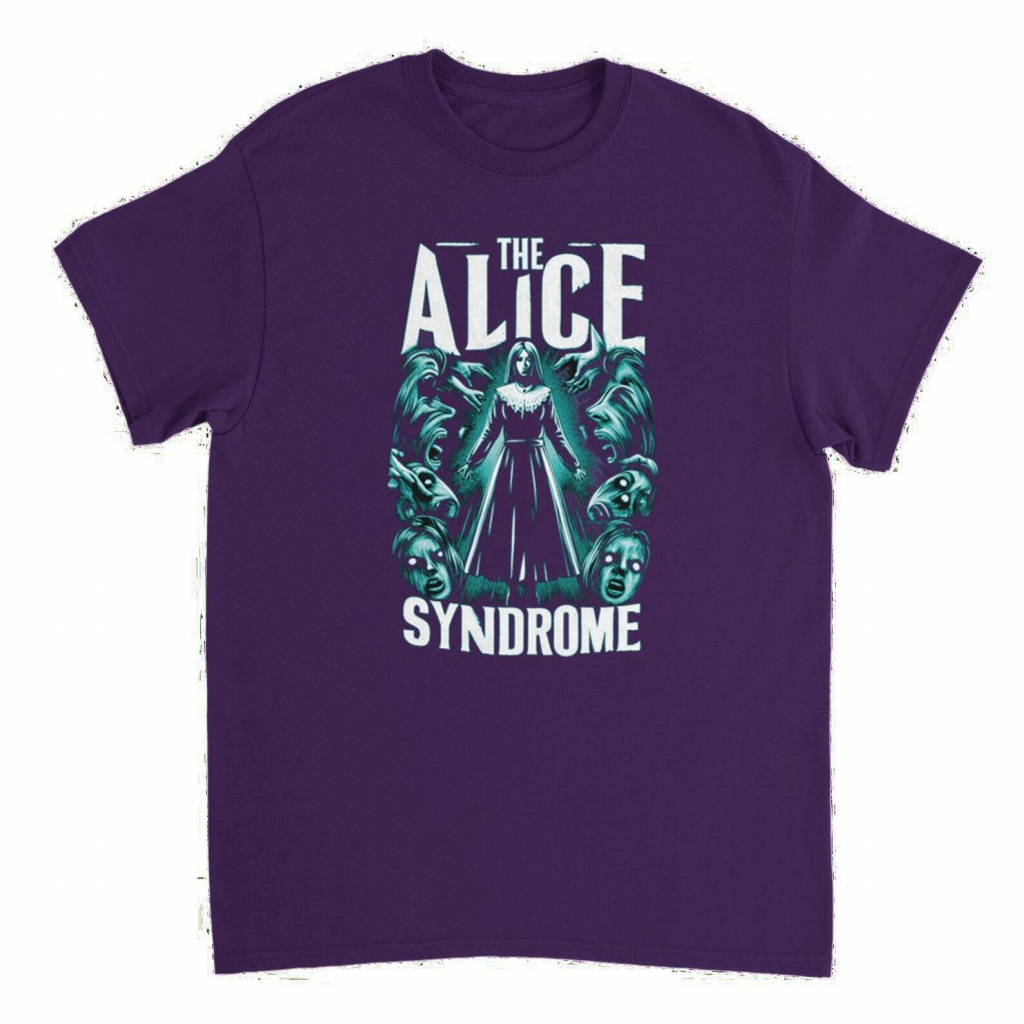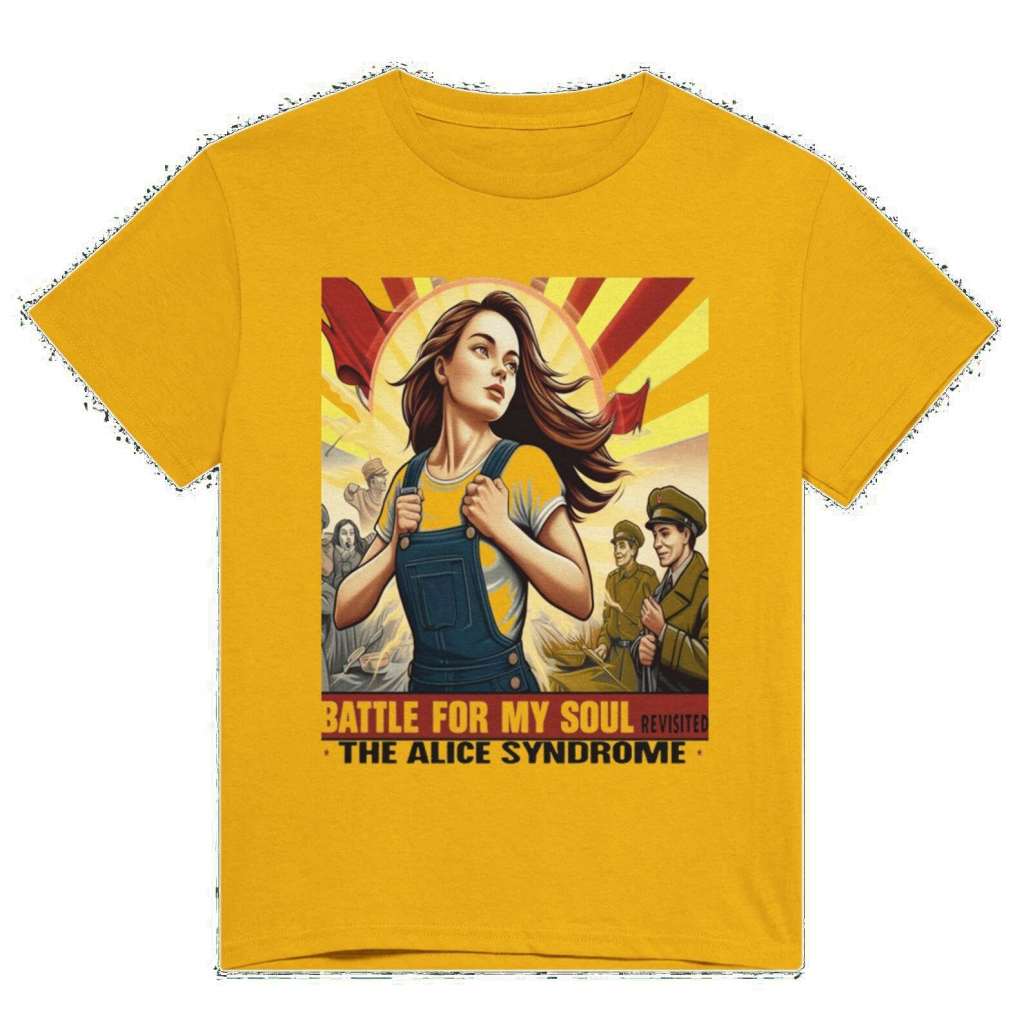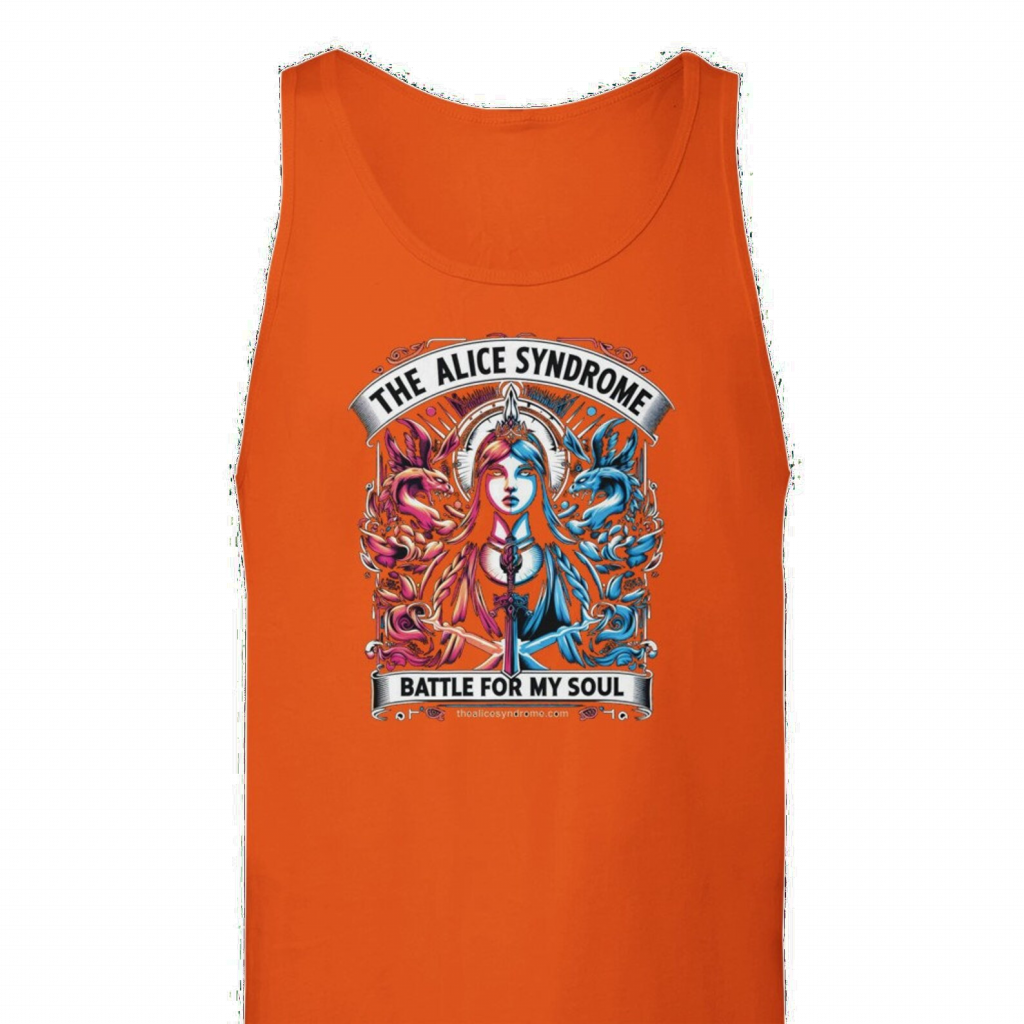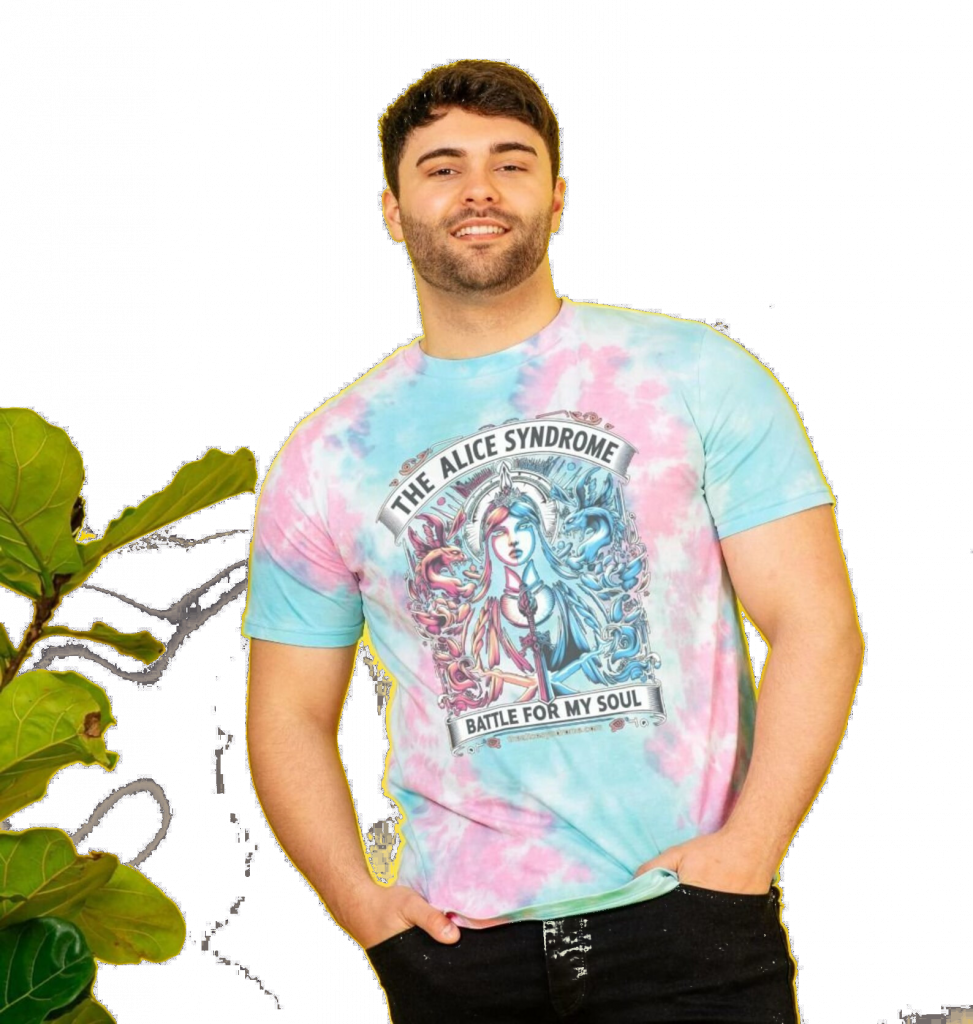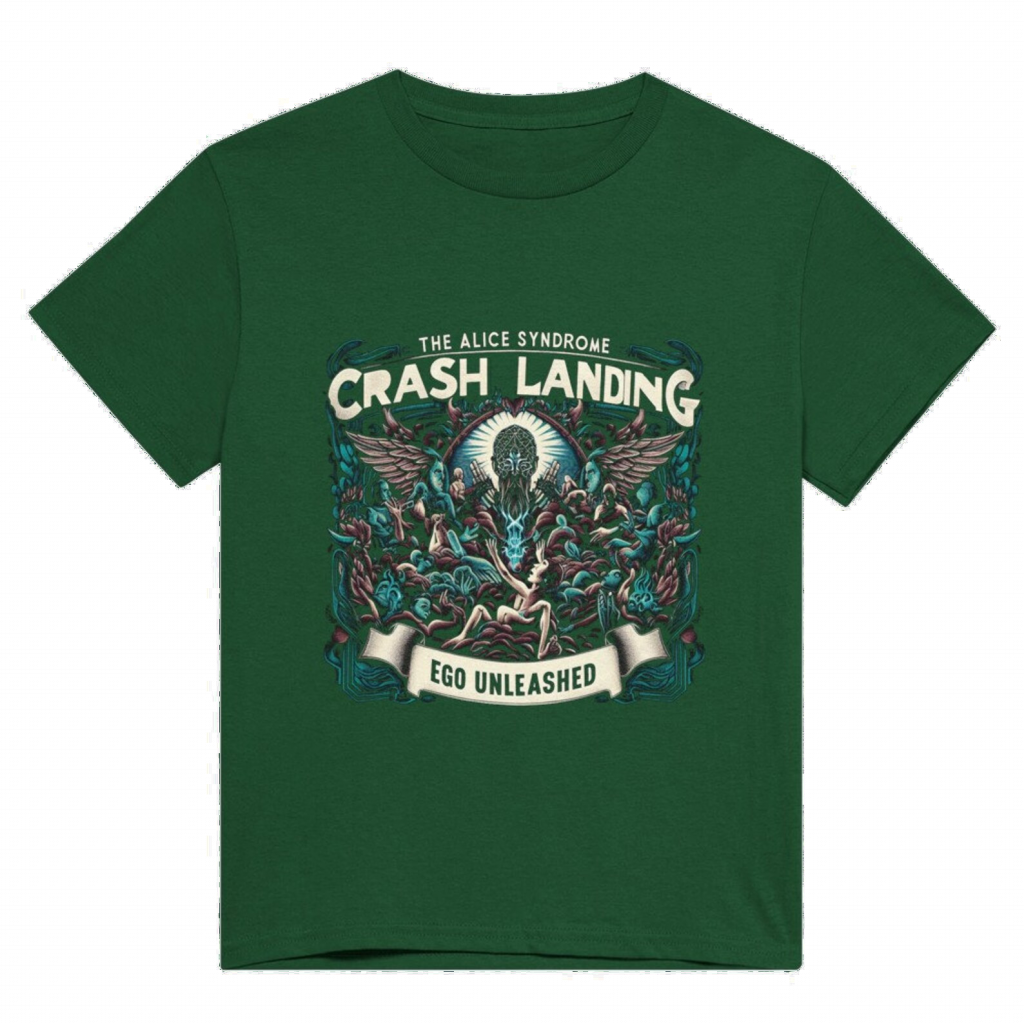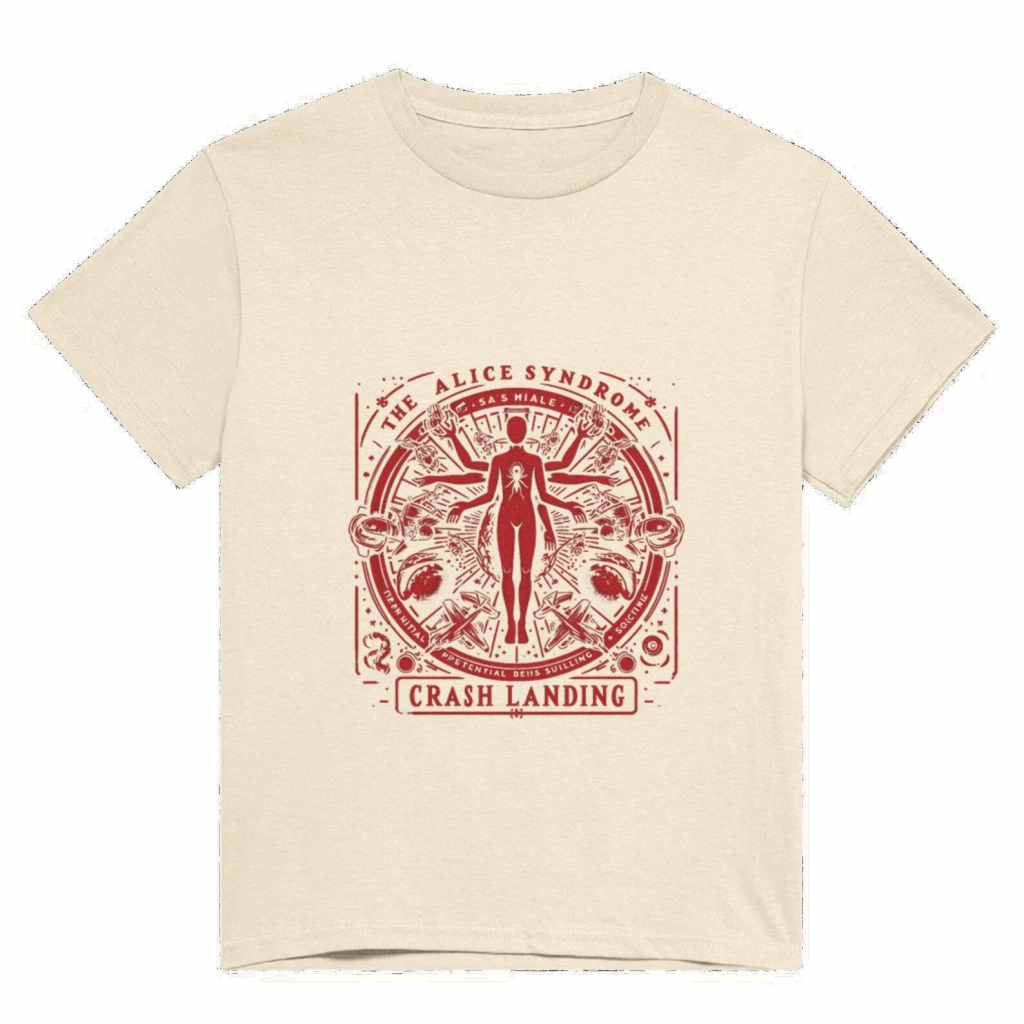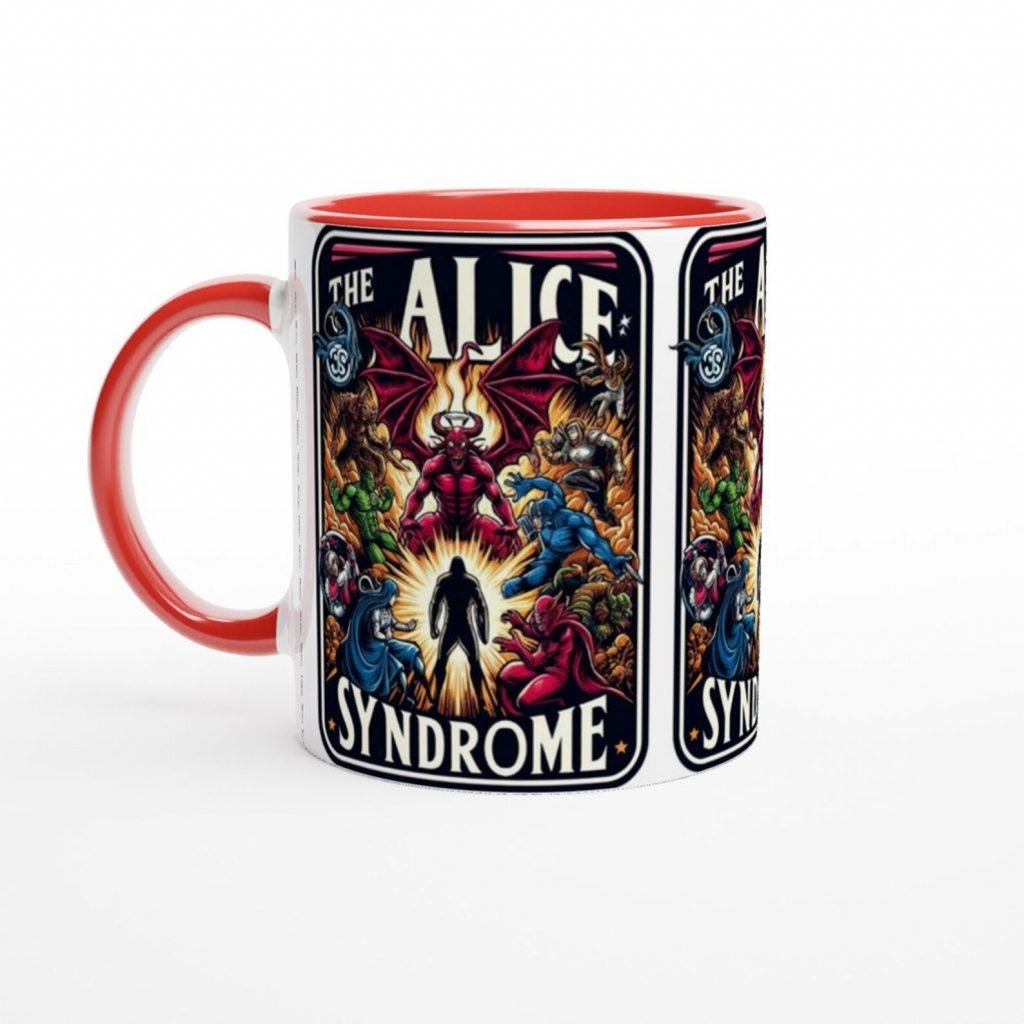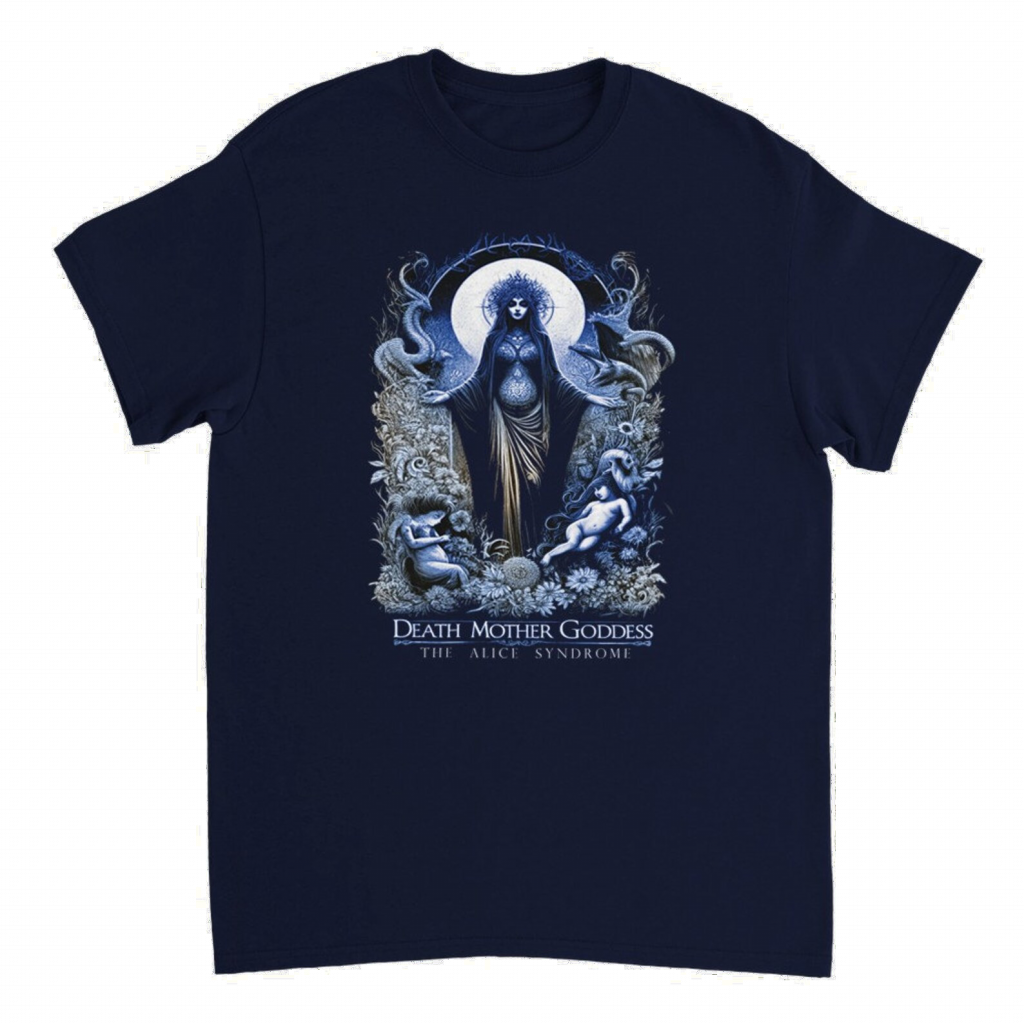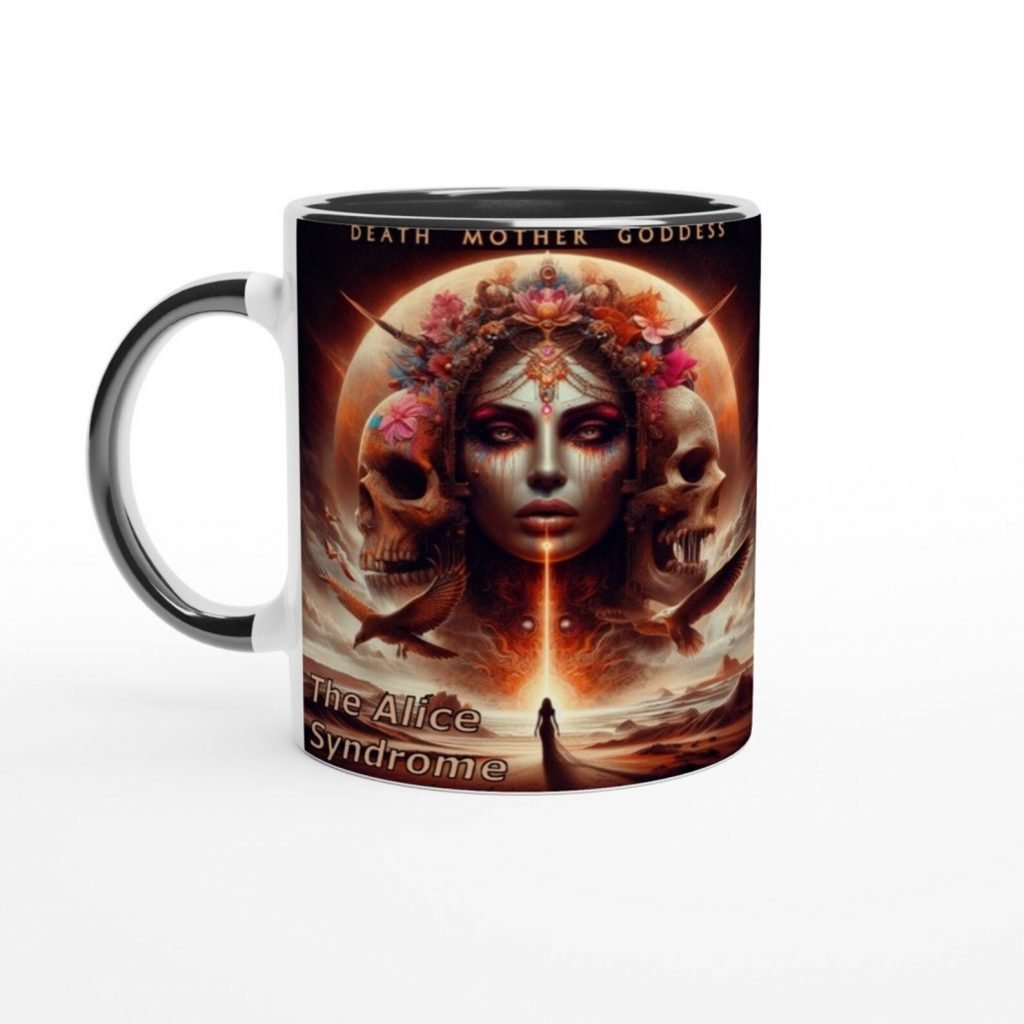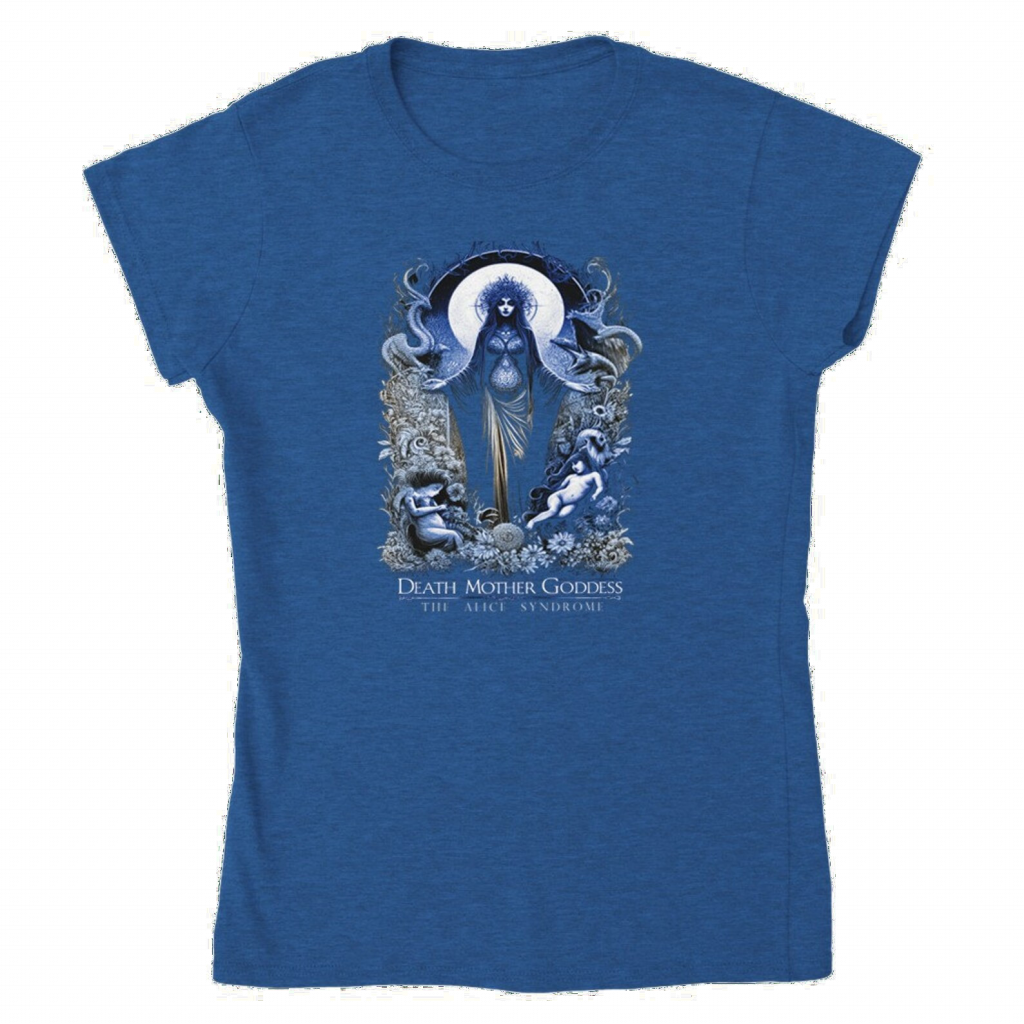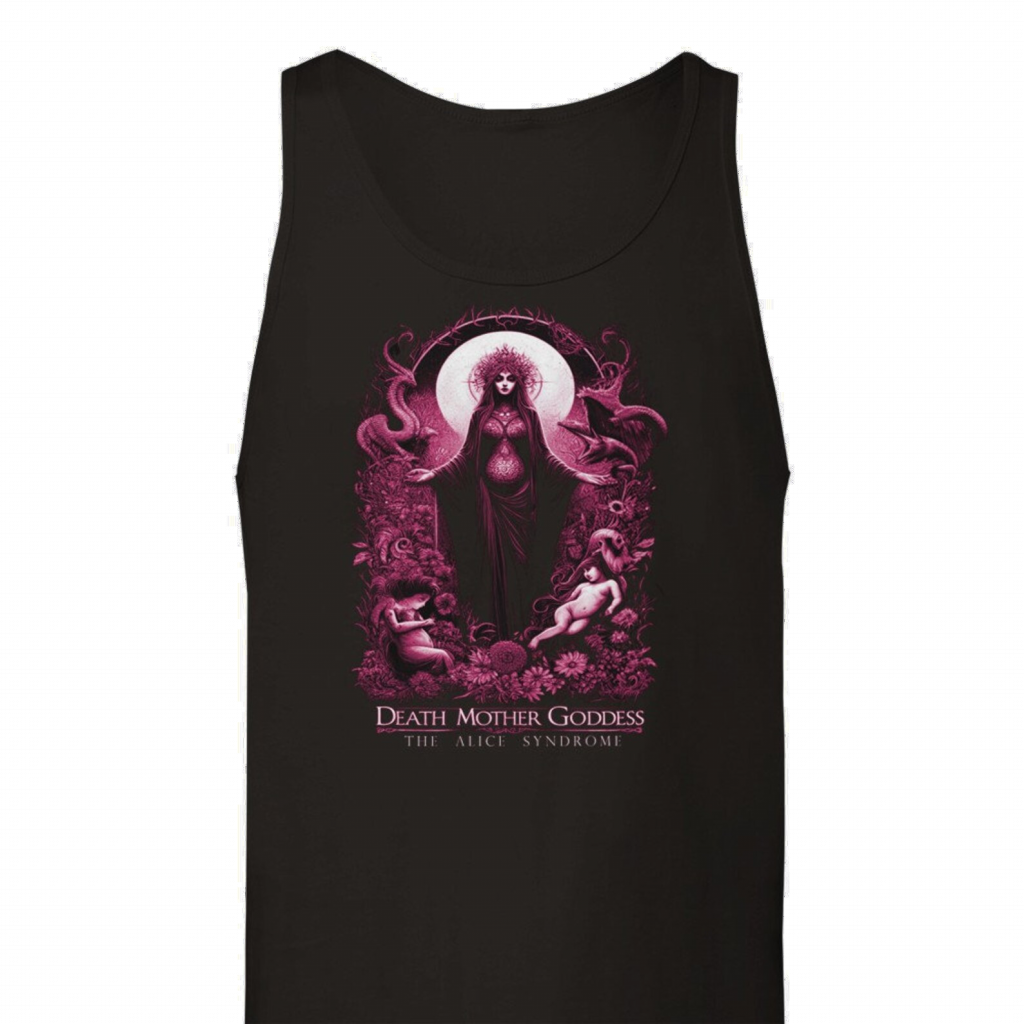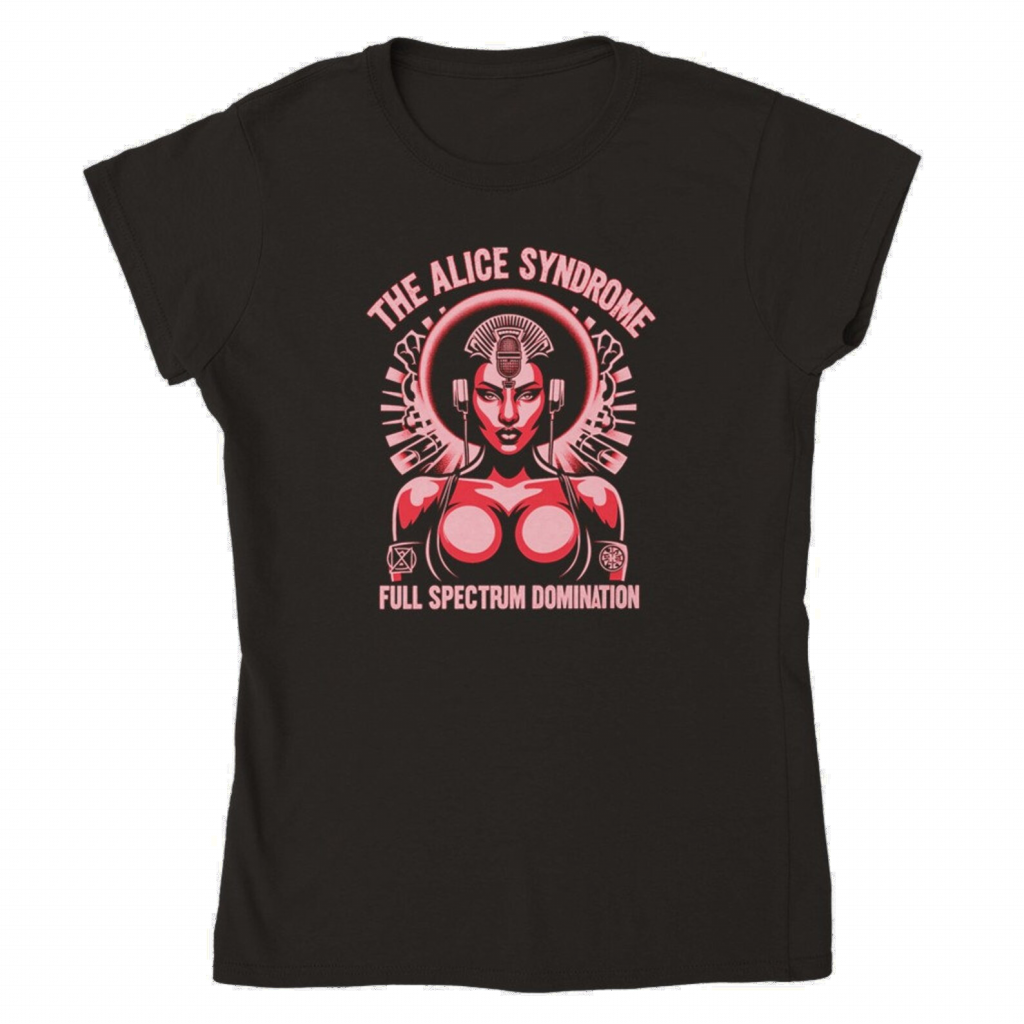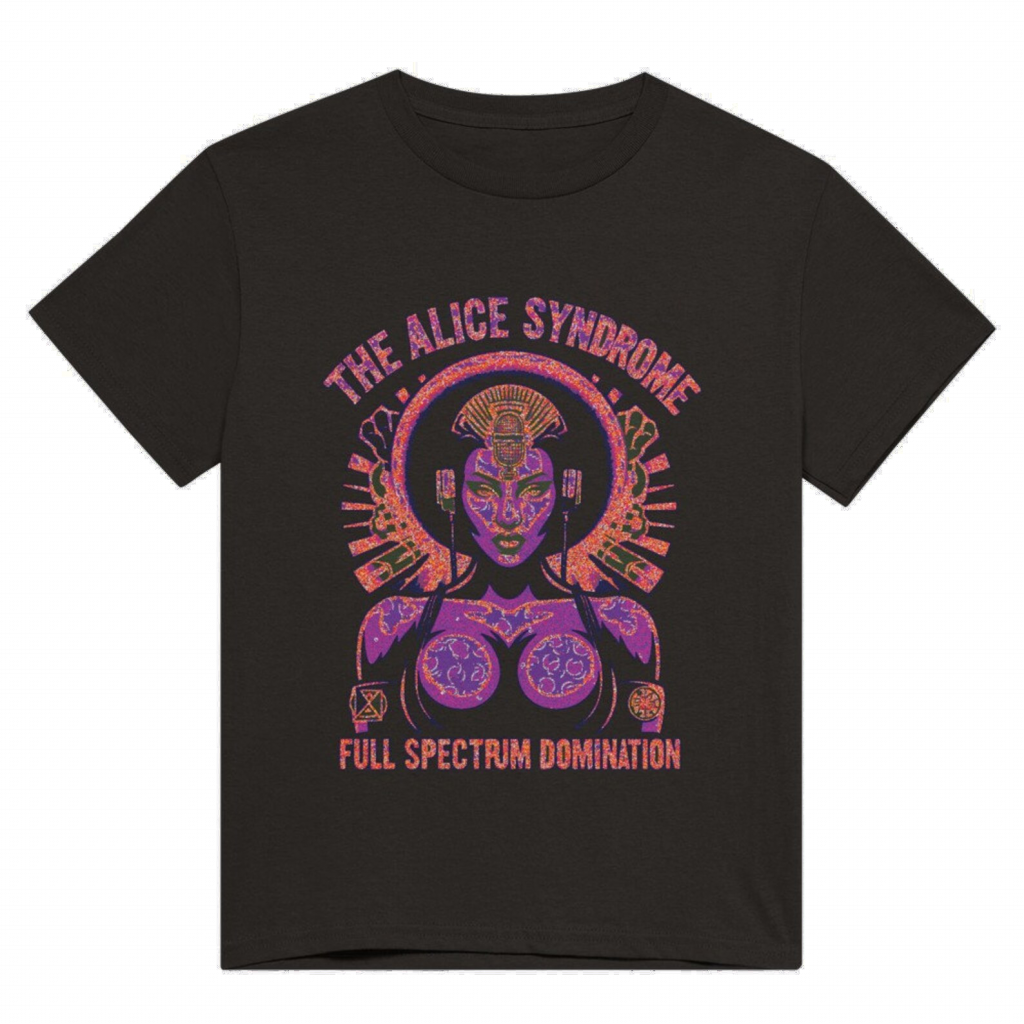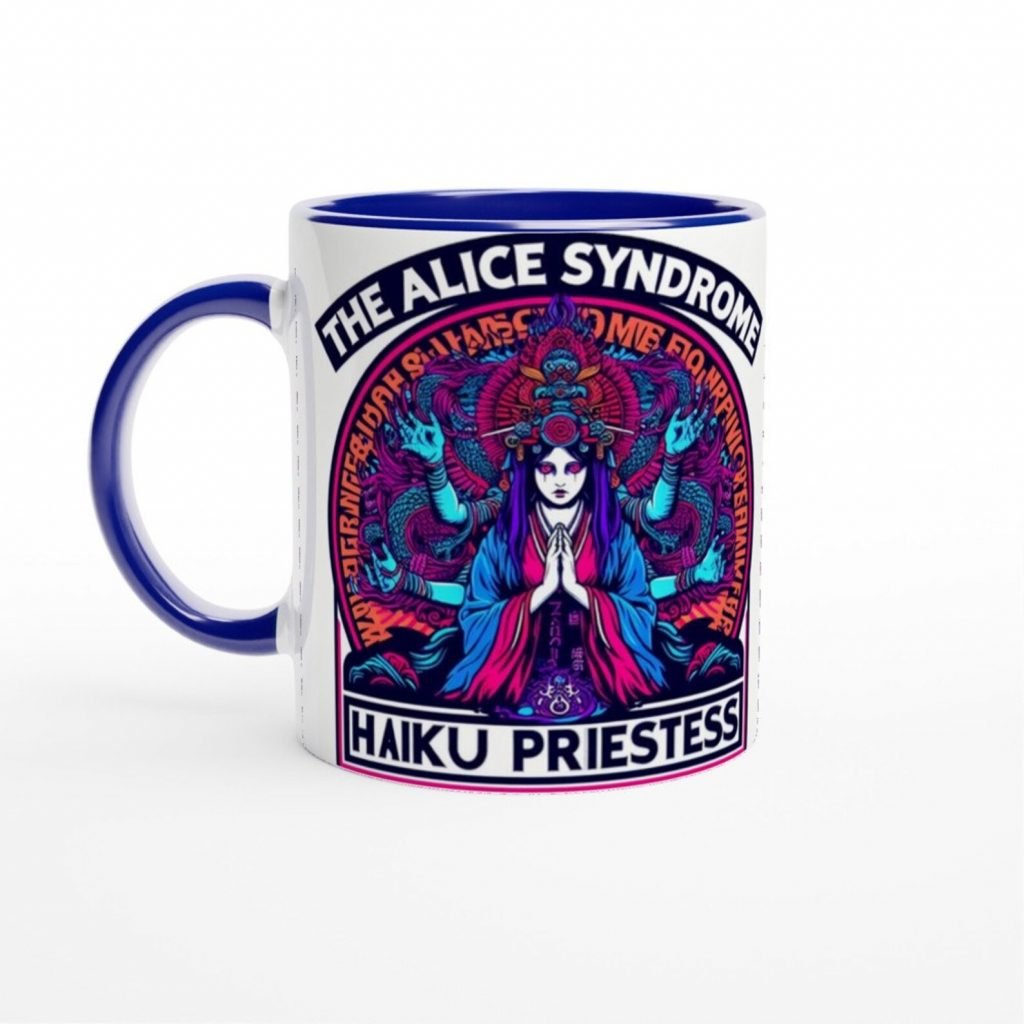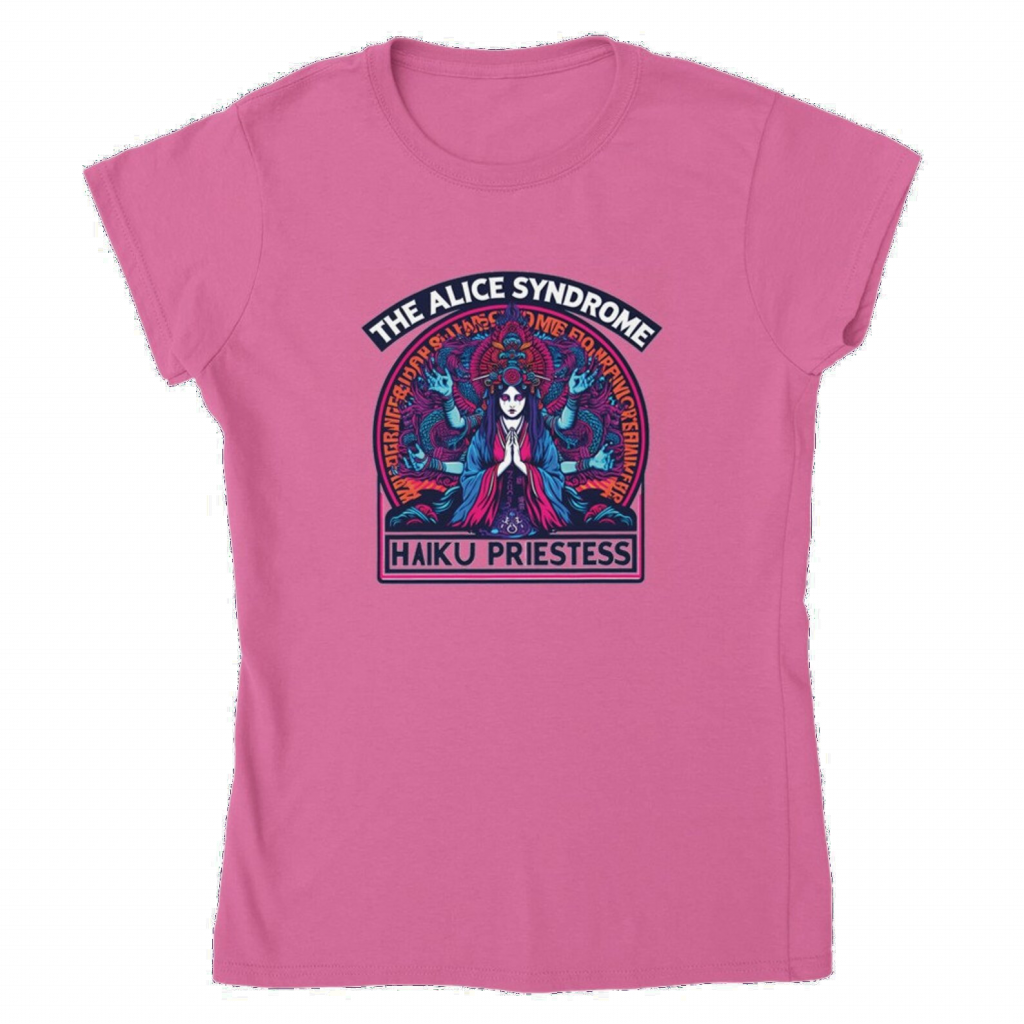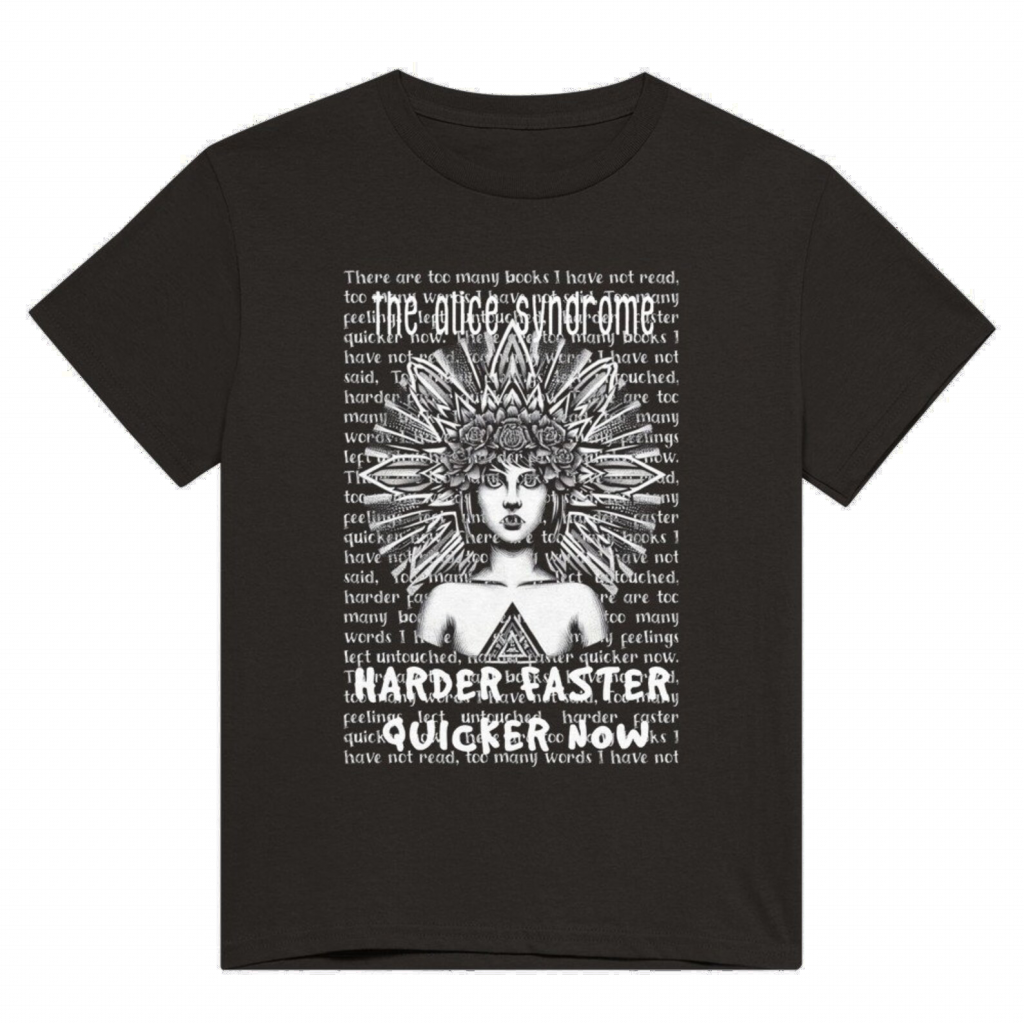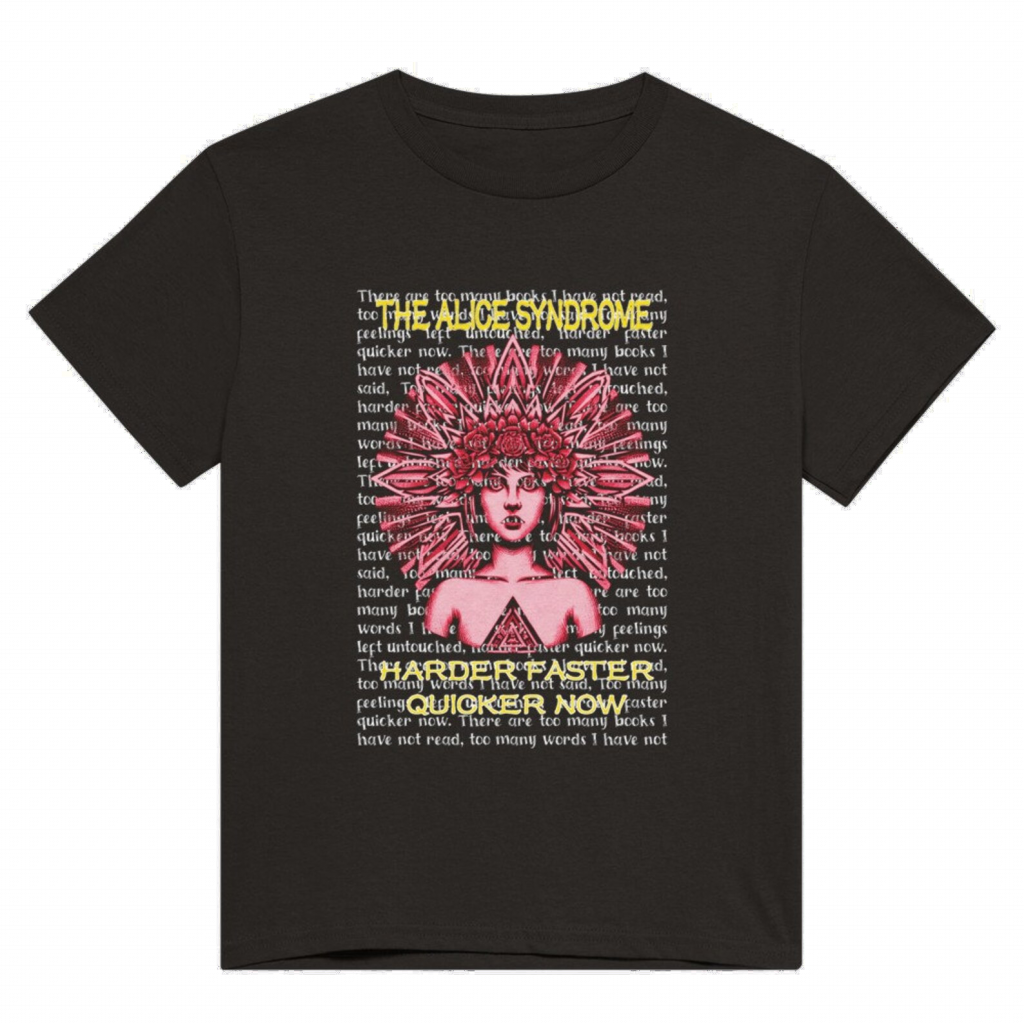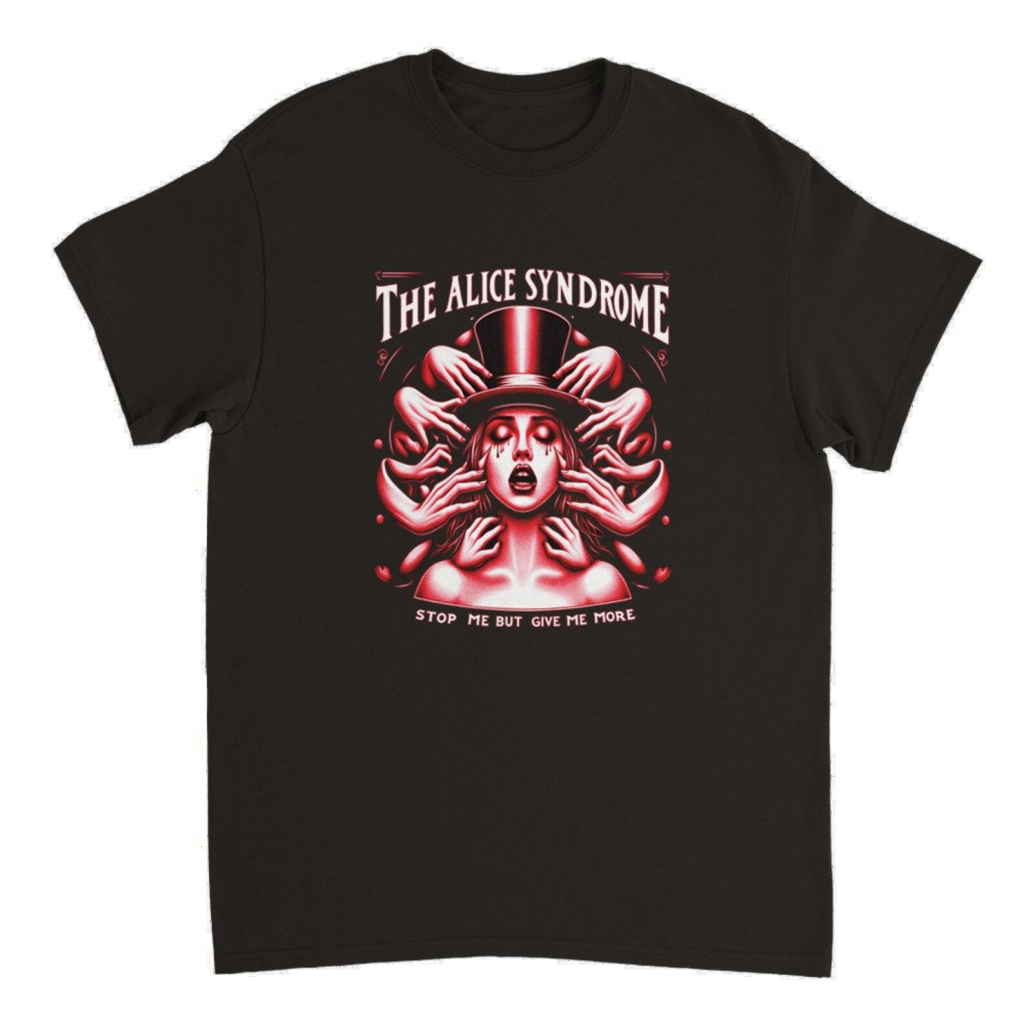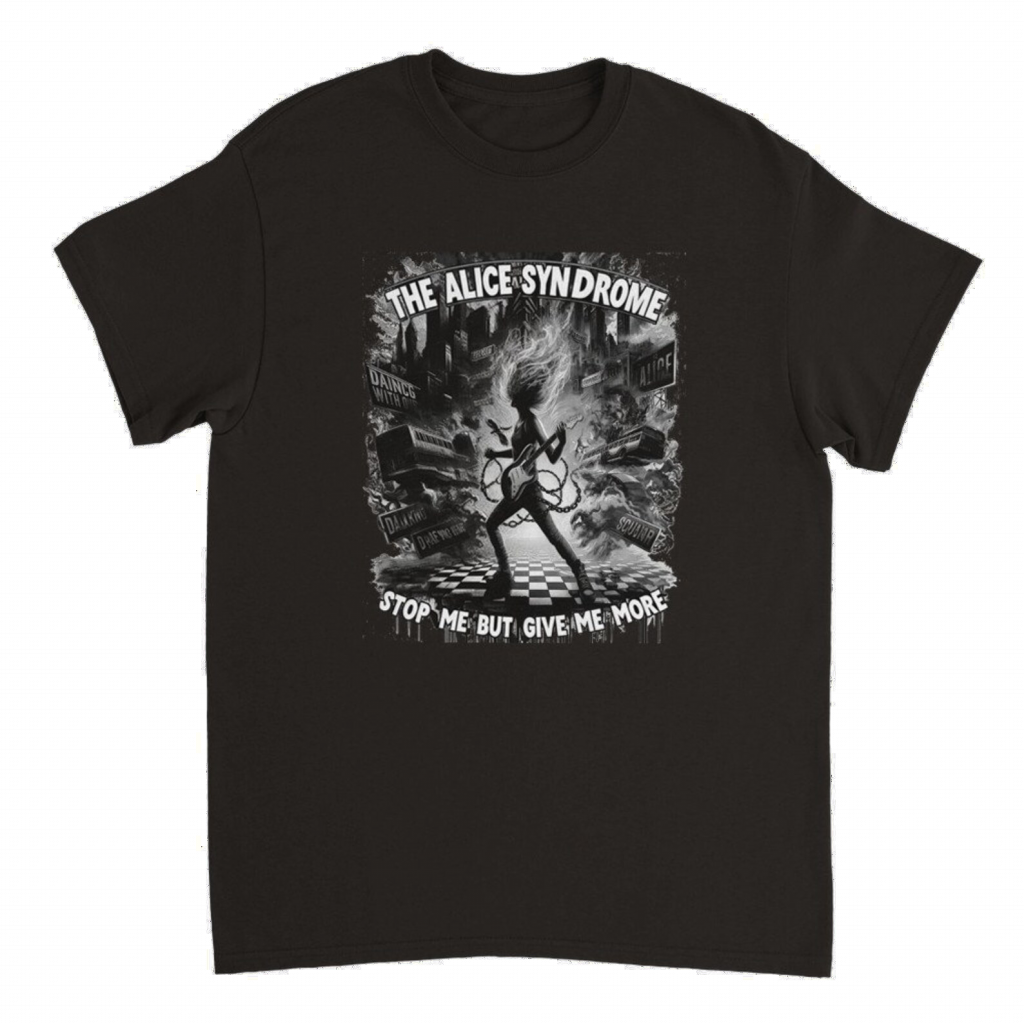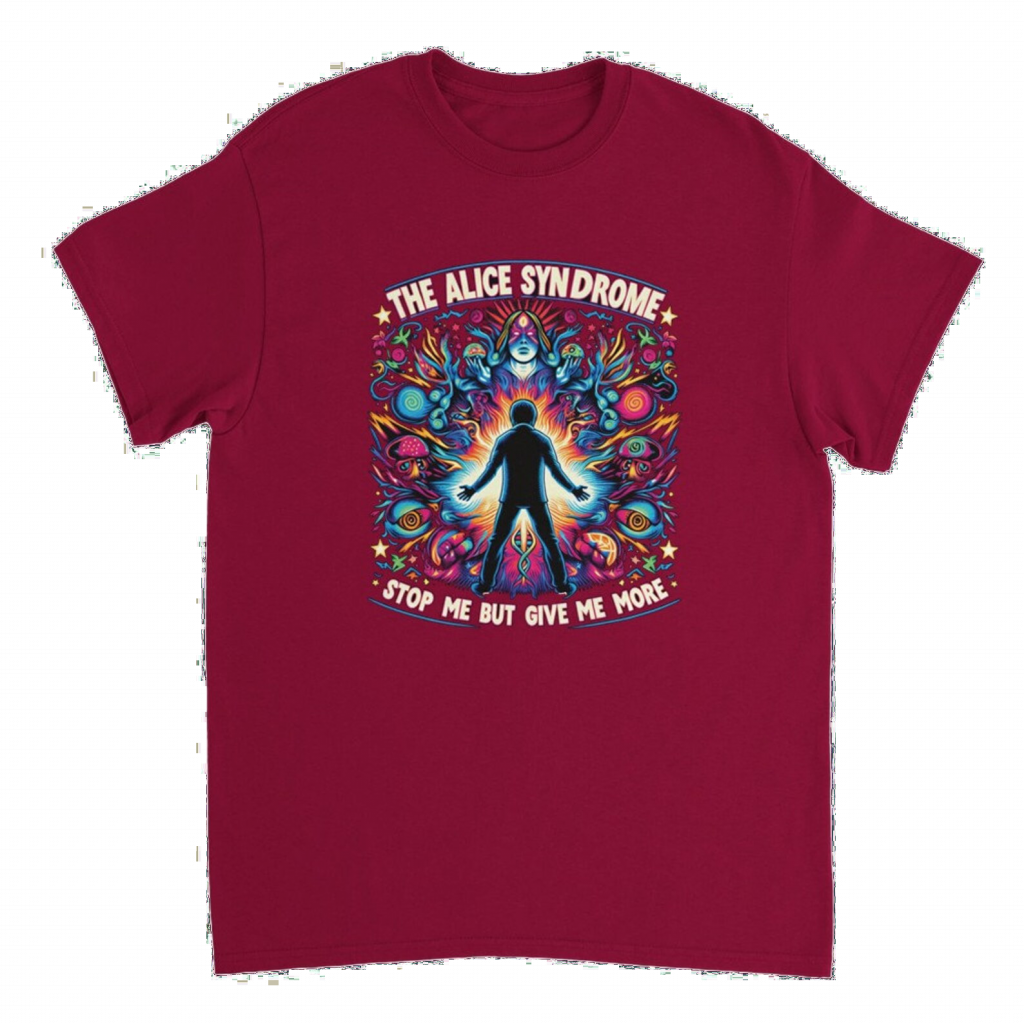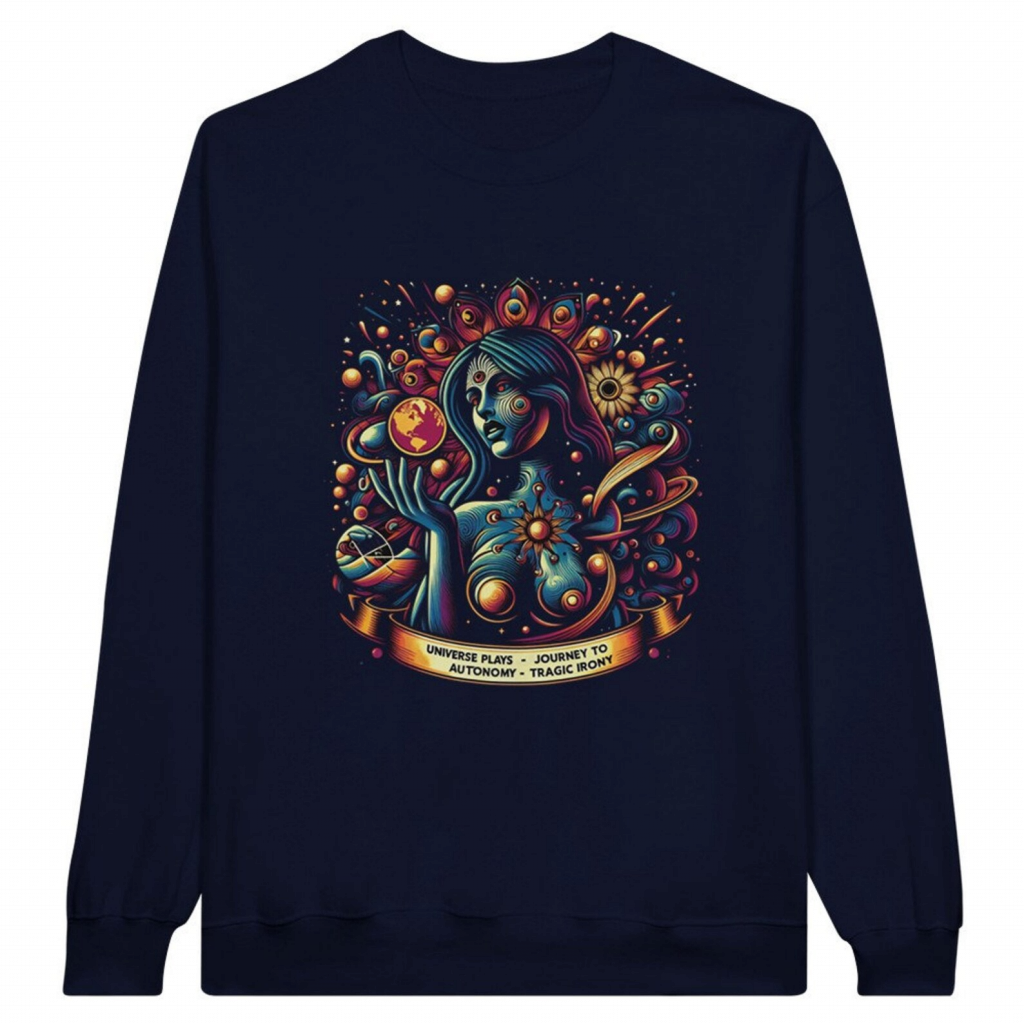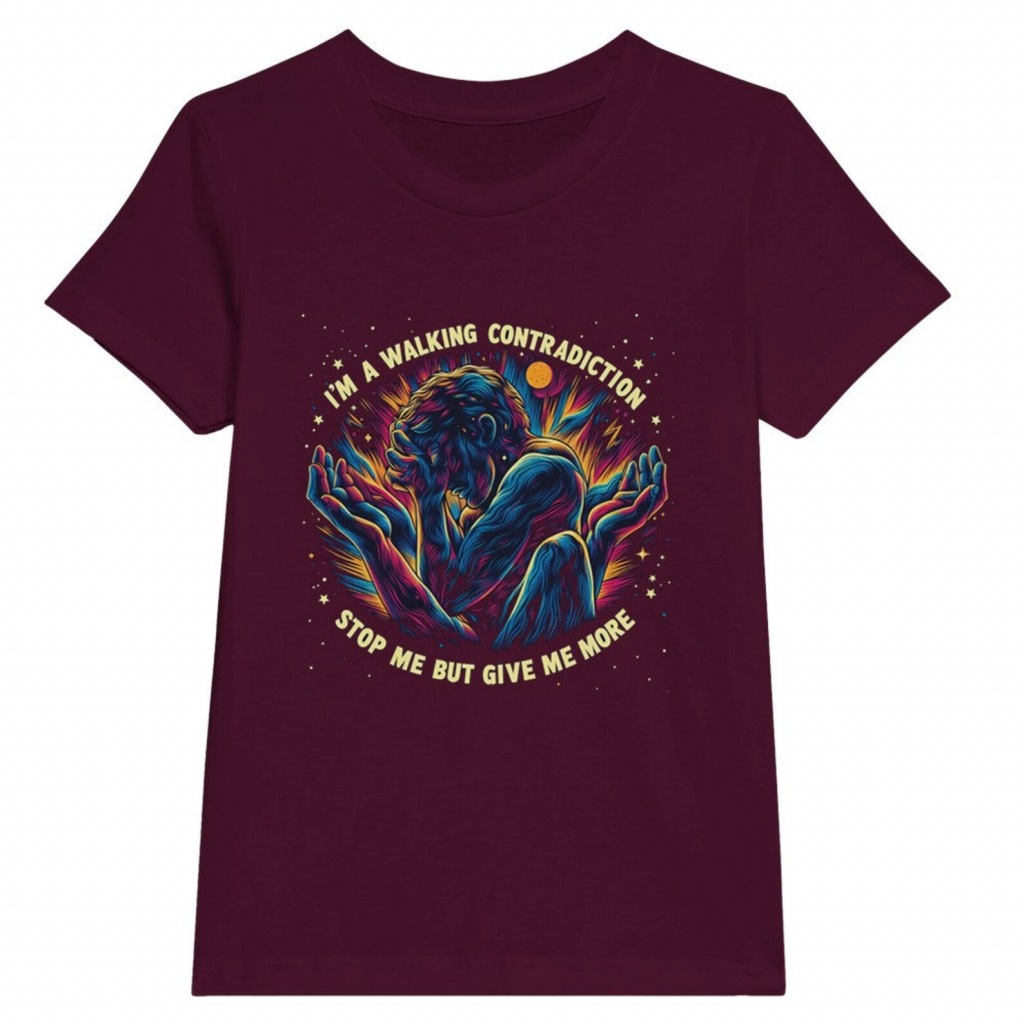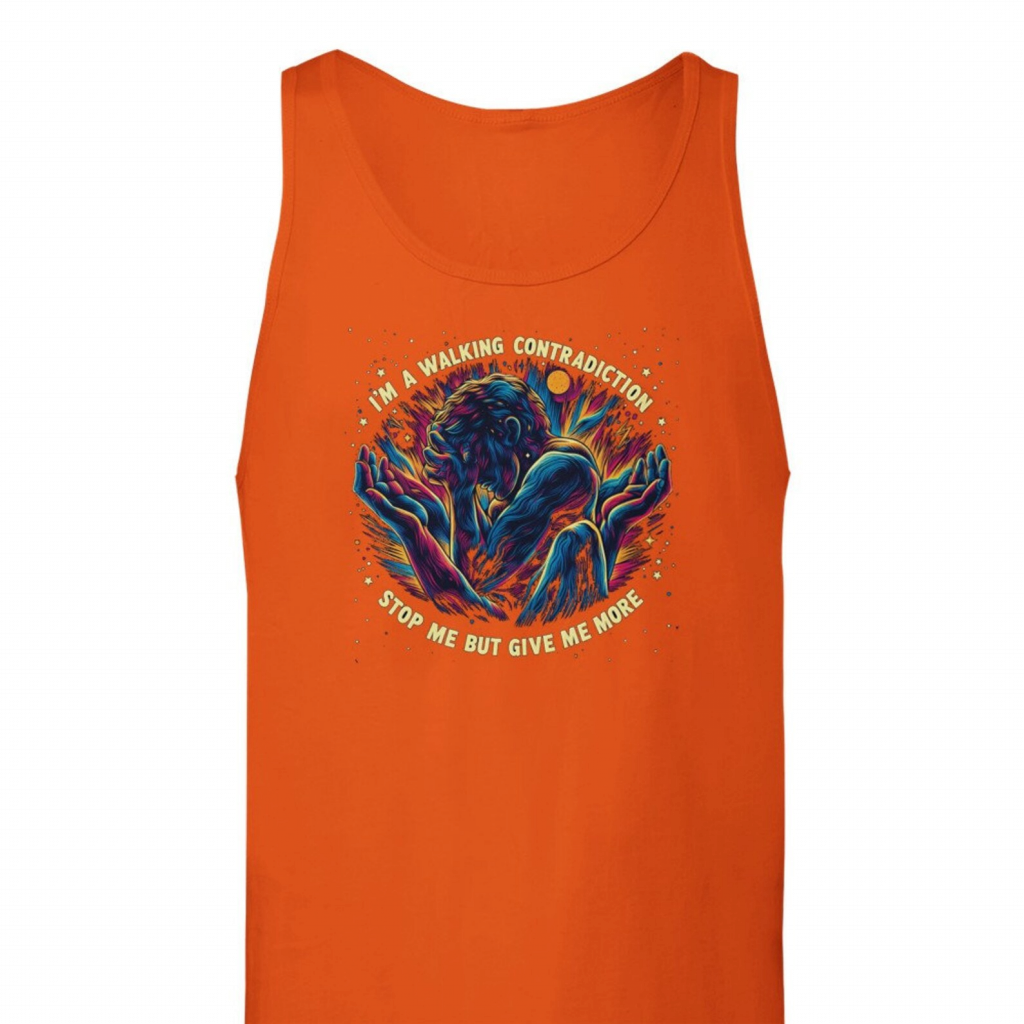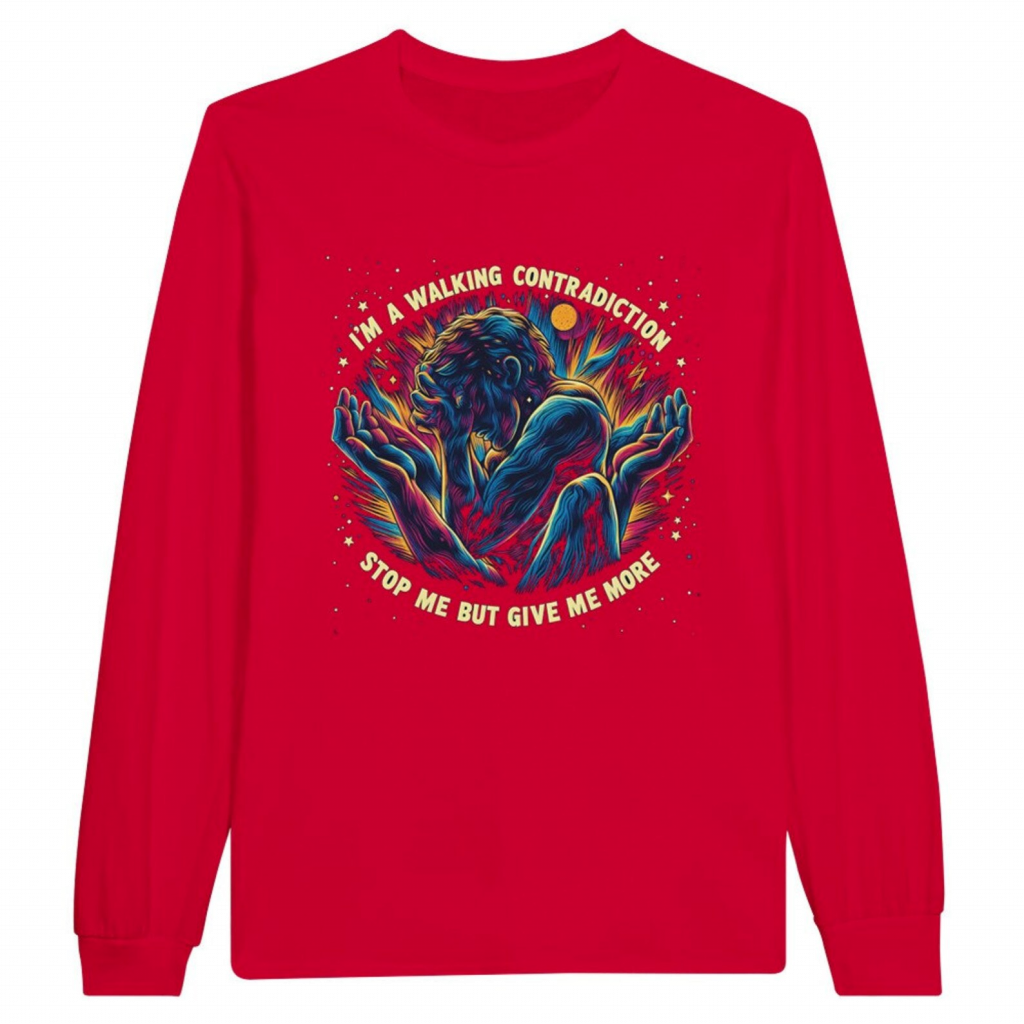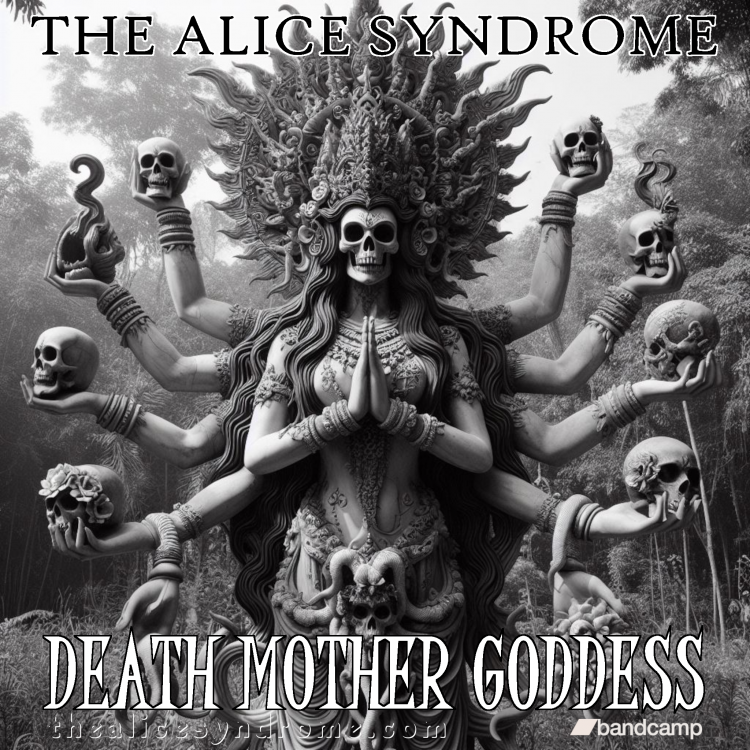
Welcome to George’s blog. I play keyboards in the Alice Syndrome, and I’m also very interested in psychology, spirituality and self-transcendence. Groovhead tends to write all our lyrics, which always touch on subjects that hit deep into my interests.
I think it’s fair to say, that death mother goddess is our darkest track, by quite a long way. In my interpretation, it explores that darkest of inner dialogues, between two aspects of self which hate each other. It’s clearly exploring what could be going on in the mind of a traumatised individual, the voice being heard, one of a dissociated part of her personality.
Trauma is a psychological response to an event or situation that is deeply distressing or overwhelming. It can affect a person’s sense of safety, trust, and self-worth. Trauma can also disrupt the normal functioning of the brain, especially the parts that are involved in memory, emotion, and identity.
One of the ways that the brain tries to cope with trauma is by dissociating, which means separating or disconnecting from the traumatic experience. Dissociation can take many forms, such as feeling numb, detached, or unreal; having gaps in memory; or switching to different personality states. It can help a person survive the trauma in the short term, but it can also interfere with their ability to process and heal from it in the long term.
Dissociation can also affect how a person relates to themselves and others. When a person dissociates, they may lose touch with their own thoughts, feelings, and needs. They may also have difficulty recognizing and regulating their emotions, which can lead to negative voices or thoughts. Negative voices or thoughts are internal dialogues that are critical, hostile, or harmful. They can undermine a person’s self-esteem, confidence, and well-being. Negative voices or thoughts can also trigger or worsen symptoms of anxiety, depression, or post-traumatic stress disorder (PTSD).
Dissociation and negative voices or thoughts are common reactions to trauma, but they are not healthy or helpful in the long run. They can prevent a person from living a fulfilling and meaningful life.
Mental health is a topic that affects many people, especially in the music industry. According to Help Musicians UK (2017), 71% of musicians have experienced anxiety and panic attacks, and 68% have suffered from depression. However, there is still a stigma and a lack of understanding around mental health issues, which can make people feel isolated, hopeless, and afraid to seek help. As a musician who has struggled with hearing voices, I know how hard it can be to cope with this condition. Voices can make you feel alone, depressed, and suicidal. They can also interfere with your creativity, performance, and relationships. That is one of the reasons we created this track, death mother goddess, to express this experience and to raise awareness of this issue.
This track is not meant to be easy listening. It is dark, intense, and disturbing. But it reflects the reality of many people who live with voices every day. They often face rejection, discrimination, and violence from society, even from their own friends and family. They are told that they are crazy, dangerous, or possessed. Likewise, they are forced to hide their voices or to take medication that may not work or have harmful side effects. They are denied the opportunity to explore the meaning and origin of their voices, or to find ways to cope with them that suit their needs and preferences.
But there is hope. There are many musicians who have been open about their mental health challenges and who have used their music as a way of healing and empowering themselves and others. For example, Craig David has spoken about his battle with anxiety and how he overcame it through therapy and meditation (BBC Newsbeat, 2016). Laura Mvula has shared her experience of living with bipolar disorder and how music helped her cope with depression (The Guardian, 2016). Tom Grennan has revealed his struggle with addiction and how he used music as a form of therapy (NME, 2021). These are just some of the artists who have been actively campaigning for mental health awareness and support in the music industry and beyond.
There are also many organisations and resources that can help musicians with their mental health. For instance, Music Minds Matter is a free 24/7 helpline run by Help Musicians for everyone in the music industry (Help Musicians UK, n.d.). Music Support also runs a helpline for anyone in the music industry struggling with ill mental health and/or addiction (Music Support, n.d.). The British Association for Performing Arts Medicine (BAPAM) connects performing artists and musicians with free specialist health support (BAPAM, n.d.). These are just some of the services that are available for musicians who need help.
The aim of this track is not to glorify or romanticise mental illness, but to challenge the stereotypes and stigma that surround it. It is also to show solidarity and compassion to those who suffer from it. It is to say that you are not alone, you are not broken, you are not hopeless. You are a human being with a unique voice and a valuable story. You deserve respect, understanding, and support. Furthermore, you deserve to live a fulfilling and meaningful life.
References
BBC Newsbeat (2016). Craig David: ‘Anxiety made me feel paranoid’. Retrieved from https://www.bbc.co.uk/news/newsbeat-37468541
BAPAM (n.d.). British Association for Performing Arts Medicine. Retrieved from https://www.bapam.org.uk/
Help Musicians UK (2017). Can Music Make You Sick? Retrieved from https://www.helpmusicians.org.uk/assets/publications/files/can_music_make_you_sick_summary.pdf
Help Musicians UK (n.d.). Music Minds Matter. Retrieved from https://www.helpmusicians.org.uk/health-welfare/mental-health/music-minds-matter
Music Support (n.d.). About Us. Retrieved from https://www.musicsupport.org/about-us/
NME (2021). Tom Grennan: “I’ve been through addiction – music was my form of therapy”. Retrieved from https://www.nme.com/features/tom-grennan-ive-been-through-addiction-music-was-my-form-of-therapy-2877310
The Guardian (2016). Laura Mvula: ‘I don’t know what happy looks like’. Retrieved from https://www.theguardian.com/music/2016/jun/12/laura-mvula-the-dreaming-room-interview
















